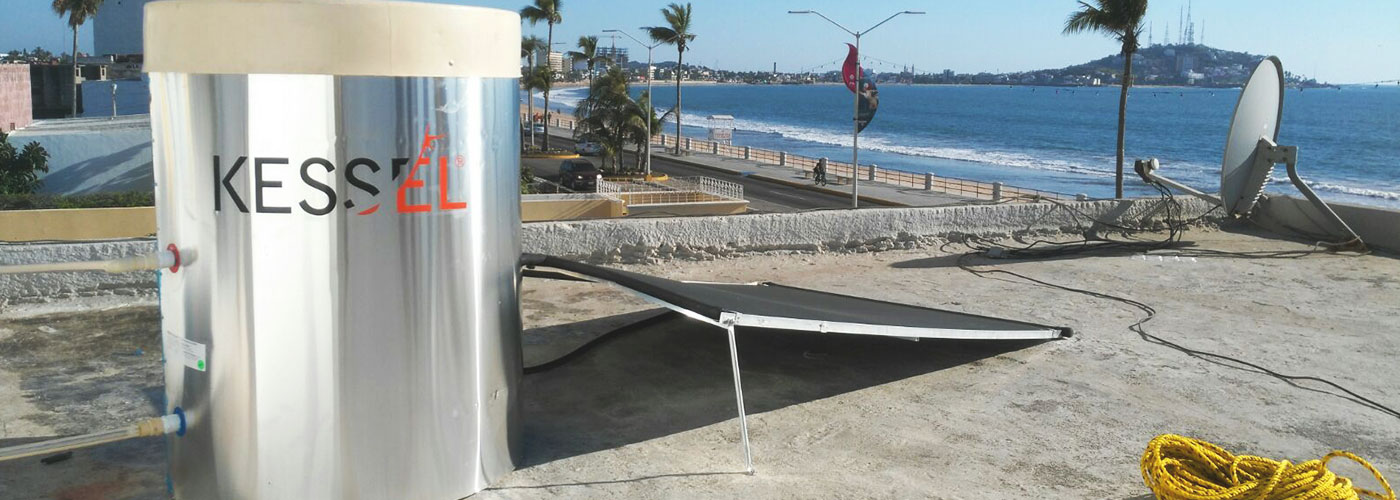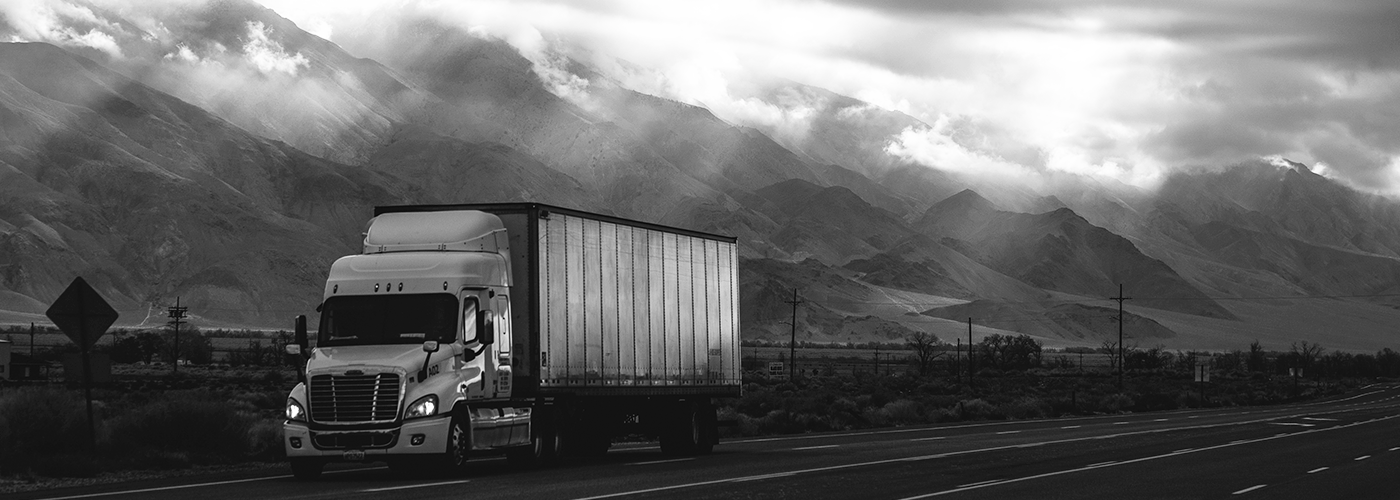This post is part of a series documenting entrepreneurship in Mexico and the companies that participated in the Unreasonable Mexico 2016 program.
According to the Organization for Economic Cooperation and Development (OECD), Mexico has the highest rate of income inequality in its group of 34 countries. The top 20 percent of Mexico’s population owns 14 times as much as the bottom 20 percent. Yet, nearly half of all Mexicans still live under the poverty line, a rate that has hardly changed since 1992. This disparity lands the average household disposable income at $12,806 USD annually, compared to the OECD average of $29,016 USD.
Of this disposable income, housing costs comprise the largest single expenditure for Mexican families, according to the OECD’s Better Life Index. Gas makes up a major part of this monthly expense, and according to business partners Aljoscha Zimmermann and Sam Neuenschwander, 80 percent of a typical household gas bill goes to heating water.
The top 20 percent of Mexico’s population owns 14 times as much as the bottom 20 percent. Tweet This Quote
Neuenschwander, a Swiss mechanical engineer, had been traveling the world when he settled in Mexico ten years ago. Quickly identifying the potential for solar energy, he started prototyping the first version of a solar water heater. A few years and several lab tests later, he was ready to launch operations in Mexico. In 2012 Kessel was born in Mexico City.
But as the founder and eventual Chief Technology Officer, Neuenschwander knew that in order to thrive he needed someone with a financial and business background to make it work – and a Mexican citizen who truly understood the market. That’s where Zimmermann came in.
“I had the chance to study in Europe, I was an investment banker in Zurich, and I had a career a lot of people wish for in Mexico,” says Zimmermann. “But, I always had this feeling of not doing anything substantial for anyone. I was blessed with opportunities, but at some point, I realized I wanted to do something to impact my own community where people actually need it.”
Having recently quit his job at UBS in Zurich, Zimmermann moved back to Mexico and was working at a pharmaceutical company when he learned about Kessel and met Neuenschwander through a mutual friend. “I only needed five minutes to understand that I wanted to be part of it,” he says. “I was going into something uncertain, and that was a difficult decision, but it was the best decision of my life.”
Zimmermann assumed control of all business development in Mexico, and the company moved ahead with its first product: a residential solar water heater that shares the company’s name.
Half of all Mexicans still live under the poverty line. Tweet This Quote
The Kessel heater is comprised of a cylinder water tank and a solar panel, typically installed on rooftops. According to Zimmermann, its durability ensures no maintenance for the consumer, and it lasts for over 10 years. The best solar photovoltaic technologies on the market, he says, only transform around 20 percent of solar energy to electricity. Solar thermal technology, such as Kessel’s solar panel, transforms 55 percent of the absorbed energy to hot water. The tank’s capacity reaches 200 liters, which produces enough hot water for at least four people per day. In places with a lot of sun, it heats enough water for up to seven people.
“We believe this is how we decentralize energy distribution and shift the process towards energy autonomy for your home,” explains Zimmermann.
The Kessel costs just under $400 USD to pay in full. In less than a year and a half, most customers can pay this off. After that, it’s free hot water. Right now, though, only about 30 percent of customers are willing and able to pay for it upfront. Most people see that purchasing a traditional gas boiler costs less upfront, but they don’t factor in the ongoing fuel costs.
I strongly believe we can serve at least 80 percent of Mexican homes with solar water heaters. Tweet This Quote
Thus, Kessel is partnering with Kiwi, another Unreasonable Mexico alum, to create a financing option that will widen accessibility for their clean technology.
“In Mexico, people spend a high proportion of their monthly bills on gas,” says Zimmermann. “Although this solves an ecological issue and an environmental issue, it’s also the issue of helping people save. We’re giving them a product they need and use every day.”
According to Zimmermann, the Kessel helps low- to middle-class households save up to 90 percent of their monthly gas bill and up to 10 percent of their monthly income. Additionally, it significantly cuts down on the amount of carbon-based fuel burned per household.
Since 2015, the team has installed Kessels in over 500 individual households across the central region of Mexico. But the team’s vision extends much further to enhance the water heater with technology that could light homes and purify drinking water.
“I strongly believe we can serve at least 80 percent of Mexican homes with solar water heaters,” says Zimmermann. “That doesn’t mean it needs to be a Kessel. It can be a different brand. If we can incentivize other companies to do this work, that would be amazing.”



